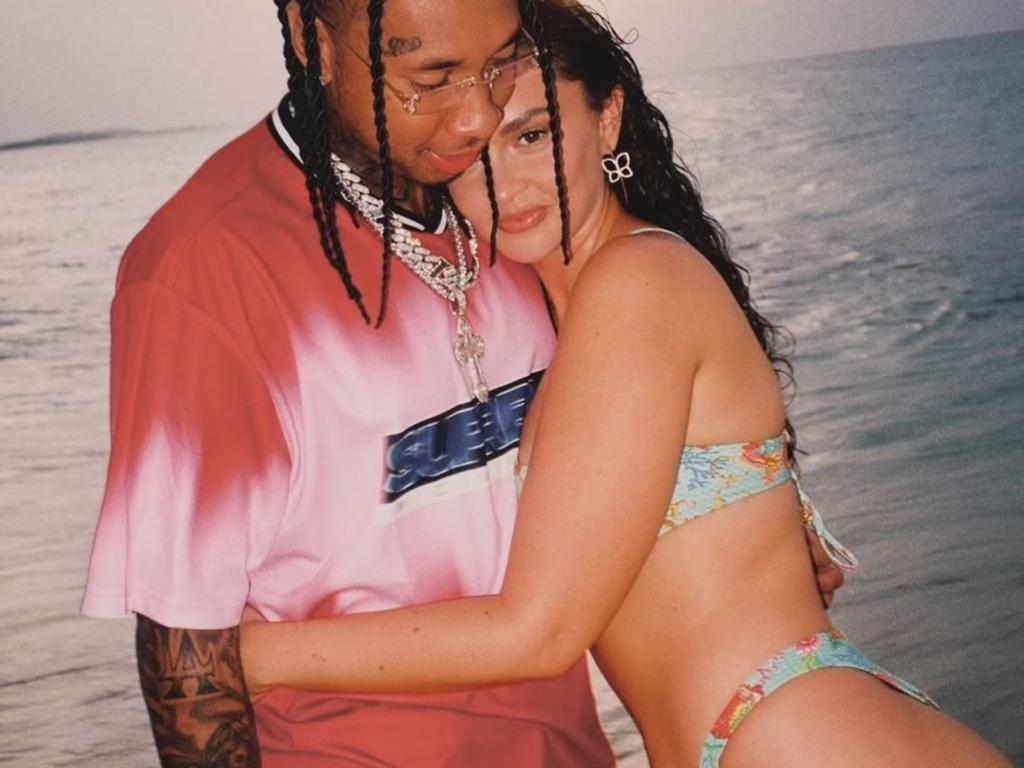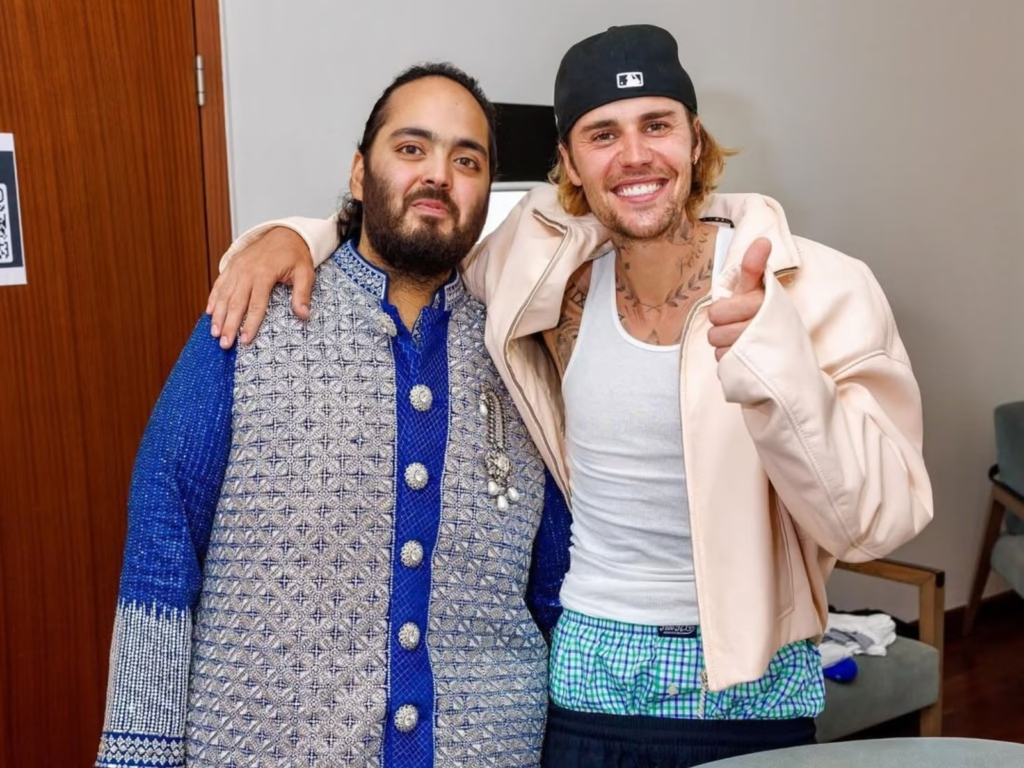Sabrina Claudio, an American singer-songwriter of Cuban and Puerto Rican descent, rose to prominence with her sultry R&B sound, captivating audiences with hits like “Unravel Me” and “Belong to You.” However, her career faced a significant setback in 2018 when old social media posts surfaced, revealing racist and derogatory comments. This blog delves into the Sabrina Claudio racist controversy, exploring the events, public reaction, her apologies, and the broader implications for her career and the music industry. By analyzing the facts semantically and incorporating focus keywords, we aim to provide a comprehensive overview of this pivotal moment in Claudio’s journey.
The Rise of Sabrina Claudio
Born on September 19, 1996, in Fort Lauderdale, Florida, Sabrina Claudio began her music career by uploading covers to YouTube and original tracks to SoundCloud. Her 2017 debut EP, Confidently Lost, and mixtape, About Time, established her as a rising star in the R&B genre, with influences from artists like Lauryn Hill and Destiny’s Child. Her smooth vocals and collaborations with artists like 6lack and Khalid earned her a significant following, particularly within the Black community, despite her identifying as a “pasty white girl” in one controversial post. By 2018, her single “Unravel Me” peaked at number 22 on Billboard’s Twitter Emerging Artists chart, and “Belong to You” was certified Gold by the RIAA.
However, Claudio’s ascent was disrupted when her past social media activity came under scrutiny, sparking a firestorm of criticism and raising questions about cultural appropriation and accountability in the music industry.
The Sabrina Claudio Racist Controversy
In April 2018, screenshots from an old Twitter account, @ODamnYourUgly, surfaced, revealing offensive comments attributed to Claudio. The posts, some from 2011–2014, included the use of the N-word, derogatory remarks about Black women, such as “It must suck to be a Black girl with no booty,” and a comment about being a “Black girl for Halloween.” Additionally, a 2018 Instagram comment where Claudio referred to someone as a “sweaty chonga”—a derogatory term for working-class Latinas—further fueled the backlash. Claudio admitted to owning the @ODamnYourUgly account in a conversation with a fan, confirming the authenticity of some posts.

The resurfaced tweets sparked widespread outrage, particularly among Black women, who felt betrayed by an artist profiting from a genre rooted in Black culture while disparaging its community. Social media platforms, especially Twitter (now X), amplified the controversy, with users like @ttrxntt and @MadameNoire calling out Claudio’s anti-Black comments. Actress Amanda Seales tweeted, “But how u (Sabrina Claudio) make a whole twitter account just to shit on black women while you simultaneously make music that emulates black women. Lol these chicks is wild out here, man.”
Public Reaction and Cancel Culture
The backlash was swift and intense, with Black Twitter leading the charge in condemning Claudio. Fans expressed disappointment, noting the hypocrisy of an artist who built a career on R&B—a genre pioneered by Black artists—while making derogatory remarks about Black women. Many accused her of cultural appropriation, arguing that she profited from Black culture while harboring anti-Black sentiments. Posts on X, such as one from @aaabbyy__ in 2025, reflected lingering resentment: “the fact sabrina claudio is racist hurts her music is so goo
The controversy fueled discussions about cancel culture, with some fans declaring Claudio “canceled” and urging others to boycott her music. A tweet from @youronIyace stated, “sabrina claudio is cancelled and thats ok bc theres like 10 other whisper singer girlys out rn for us to hype up.” Others, however, defended Claudio, arguing that the tweets were from her teenage years and that she deserved a chance to grow. The polarized fanbase reaction highlighted the complexities of holding public figures accountable in the digital age.
Critics also drew comparisons to other artists like Camila Cabello and Selena Gomez, who faced similar accusations of racist behavior, pointing to a broader issue of non-Black artists using Black culture for profit while disrespecting its originators. An AFROPUNK op-ed noted, “Blackness is profitable for Claudio, as it is for so many artists like her. For them, blackness is a costume.”
Claudio’s Apologies and Response
On April 10, 2018, Claudio issued an apology on Twitter, stating, “I am deeply sorry for the insensitive words I’ve used. Some of the things you are seeing are true while others aren’t. I realize my past ignorance is affecting people I care so much about and I am so sorry. I’ve made mistakes and while I cannot take them back, I will learn from them.” The apology, posted as an iPhone note, was criticized for its vagueness, as Claudio did not specify which comments were true or false, leading some to call it a “half-ass apology.”
In September 2022, Claudio issued a second, more detailed apology on Instagram, acknowledging her delay in addressing the issue thoroughly: “I’m sorry for not saying something sooner. I’m sorry for the short, straight to the point apology I posted on Twitter.” She expressed regret for her past actions but maintained that she did not have an account solely dedicated to degrading Black women, as some reports claimed.
During a 2018 listening session for her album No Rain, No Flowers, Claudio elaborated, saying, “I was embarrassed, humiliated, and shocked. When everything resurfaced, I had a sick feeling in my stomach because I didn’t recognize that person.” She attributed the comments to her anger and dissatisfaction with her life at the time, emphasizing her personal growth since then.
Despite her apologies, many fans remained skeptical, with some, like @forniaa, pointing out that her 2018 Instagram comment suggested her views hadn’t fully changed: “Wowwww so you really miss being a racist?? @sabrinaclaudio.”
Impact on Claudio’s Career
The Sabrina Claudio controversy significantly impacted her career. While she continued to release music, including albums like Truth Is (2019) and Christmas Blues (2020), the scandal alienated a portion of her Black fanbase, a critical demographic for an R&B artist. Renese Ford noted that Claudio had no history of collaborating with Black female artists, despite working with Black male artists like Khalid and 6lack, which further fueled perceptions of selective engagement with Black culture.
Her career did not collapse entirely, as she retained a loyal fanbase and earned a Grammy nomination as a songwriter for Beyoncé’s Renaissance (2022). However, posts on X as recent as 2023 and 2025 indicate that the controversy continues to haunt her, with users like @adajahnichole noting, “sabrina claudio is racist… baby we BEEN knew.” The scandal underscored the challenges of rebuilding trust after public missteps, particularly in a genre deeply tied to Black culture.
Broader Implications for the Music Industry
The Sabrina Claudio racist controversy sparked broader conversations about accountability and cultural appropriation in the music industry. It highlighted the tension between non-Black artists profiting from Black genres and their responsibility to respect the communities that created them. As The Root noted, Claudio’s apology failed to address her specific pleasure in targeting women of color, raising questions about the sincerity of her remorse.
The incident also shed light on colorism and racism within Latino communities, as Claudio’s comments about “sweaty chongas” and her self-identification as a “pasty white girl” suggested a distancing from darker-skinned Latinas. TheGrio emphasized that such attitudes reflect unchecked bigotry among some white Latinos, a topic further amplified by figures like Amara La Negra.
The controversy underscored the power of social media backlash in holding artists accountable. Black Twitter’s role in exposing Claudio’s tweets demonstrated the platform’s ability to amplify marginalized voices and demand accountability, though it also raised questions about the permanence of cancel culture. While some fans moved on, others, as seen in 2025 X posts, continue to reject Claudio’s music, illustrating the long-term consequences of such scandals.
Lessons Learned and Moving Forward
Sabrina Claudio’s racist tweets and the ensuing controversy serve as a cautionary tale for artists navigating the digital age, where past actions can resurface and derail careers. Her apologies, while earnest to some, were criticized for lacking specificity and failing to fully address the harm caused. The incident highlighted the importance of genuine accountability, particularly for artists who benefit from Black culture.
For Claudio, the path forward involves continued growth and rebuilding trust with her audience. Her contributions to music, including her Grammy-nominated work, show resilience, but the lingering sentiment on platforms like X suggests that some wounds remain unhealed. For the music industry, the controversy is a reminder to foster inclusivity and address systemic issues like colorism and cultural appropriation.
Ultimately, the Sabrina Claudio racist controversy is a complex case study in accountability, fanbase reaction, and the challenges of navigating cancel culture. As Claudio continues her career, her story underscores the need for artists to align their actions with the values of the communities they serve, particularly in genres as culturally significant as R&B.
- Luke Bryan’s Uncertain Future on American Idol as He Predicts Carrie Underwood’s Return - August 2, 2025
- The Uniqueness of Miranda Lambert’s Setlists on the I’m the Problem Tour: A Journey Through Country Music’s Heart and Soul - July 29, 2025
- Want to Rave in Zac Brown Band Songs? Book Your Tickets for the Las Vegas Sphere Residency and Check Out the Setlist! - July 17, 2025

